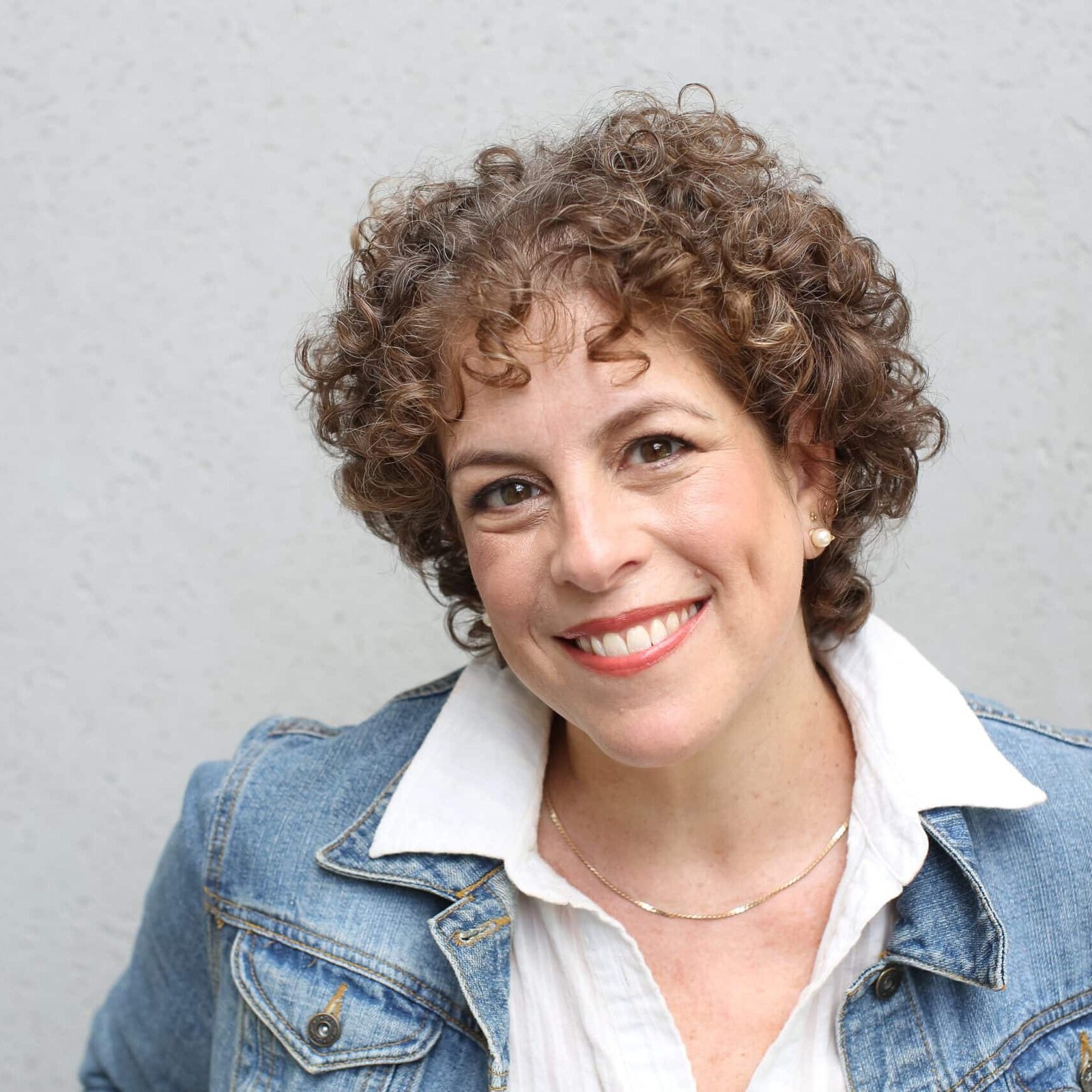I’ve been wrestling with understanding why some people report feeling invisible in midlife and others seem to feel more visible than ever.
It’s been a wrestle because I suspected that tied closely to that feeling of invisibility was a loss of privilege – a privilege that not everyone had in the first place. So while aging is something we all go through, how people experience it varies wildly.
It occurred to me that an important question to ask is, invisible to whom?
Nobody has ever answered my questions on this from a cultural perspective as clearly as Mona Etahawy in her guest appearance on my friend Dr. Jenn Huber Salib’s podcast the, The Midlife Feast. I strongly encourage you to listen to this short but powerful conversation!
My personal experience has been increased visibility in midlife because it wasn’t until I was in my forties that I stepped out from behind the scenes, used my voice more publicly, and put stakes in the ground about what I believe in. So while I may have a different experience now walking down the street than when I was younger, I feel more seen for who I am and what’s important to me.
What’s your experience with visibility or invisibility been? Has it changed in midlife?
The following questions will help you reflect on and consider this topic more deeply:
- What does being visible mean to me?
- What does being invisible mean to me?
- When/where do I experience invisibility?
- Who or what makes me feel invisible?
- What privilege has allowed me to feel visible until now?
- What is the hidden gift of my perceived invisibility?
- What do I wish people would see and celebrate about me?
- What do I have to contribute that might require being more visible?
- What do I see, value, and celebrate in others?
- Who or what might be invisible to me right now?
- Who can I help feel more seen?
- What is the connection between visibility and power?
I hope these questions help you examine your relationship with visibility. I’d love to hear from you about what you learned if they do.
Topics

Hi, I'm Sara!
I'm here to reclaim the term 'midlife' and embrace the power these years offer us.
Tags
Share this with a friend


